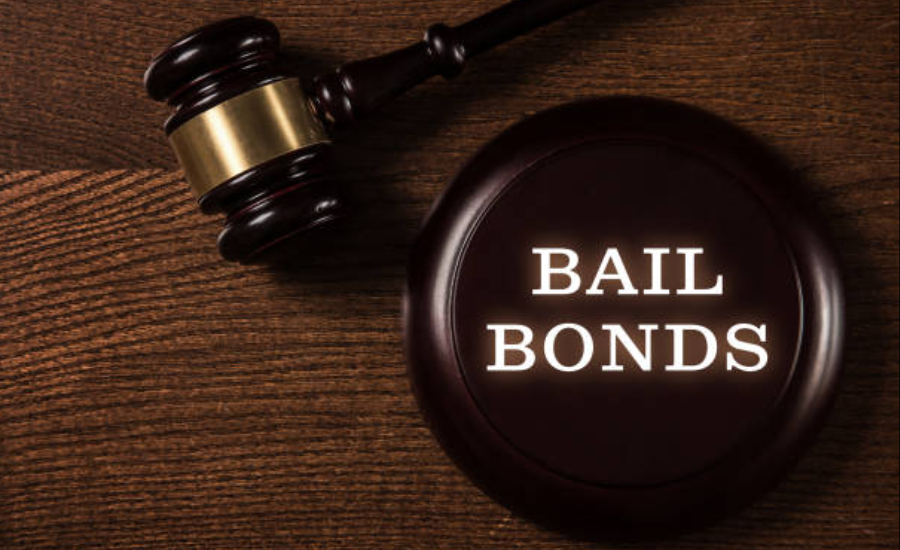When someone is arrested, the terms bail and bond often come up. But what is the difference between bail and bond?
These legal terms can be confusing for many people. Understanding court bonds and how they work is important if you or a loved one is facing legal trouble.
In this guide, we will break down the key differences and explain their roles in the legal system. Let’s dive in.
What Is Bail?
Bail is the money or property paid to the court to secure a defendant’s release from jail. The court sets the bail amount based on the crime’s severity and the defendant’s flight risk.
Once the bail is paid, the defendant can leave jail and remain free until their court date. If the defendant attends all court hearings, the bail is refunded.
If they fail to appear, the court keeps the bail. Bail acts as a financial incentive to ensure the defendant returns to court.
What Is a Bond?
A bond is a legal agreement involving a third party that guarantees payment of bail if the defendant doesn’t appear in court. If the defendant cannot afford bail, they can use a bond through a bail bondsman.
The bondsman charges a non-refundable fee, often a percentage of the bail amount. This allows the defendant to be released without paying the full bail upfront.
Bonds provide a way for people who can’t afford bail to secure their release before trial. The bondsman assumes financial responsibility for the bail.
How Does a Bail Bondsman Work?
A bail bondsman helps defendants who cannot afford to pay their full bail amount. The defendant pays the bondsman a fee, usually, 10% of the total bail, to secure a bond.
If the defendant fails to appear in court, the bail bondsman handles paying the full bail to the court. The bondsman may also hire a bounty hunter to locate the defendant. Using a bail bondsman allows the defendant to avoid paying a large upfront sum while securing release from jail.
When Is Bail Refunded?
Bail is refunded when the defendant appears for all required court dates. Once the trial is complete, and the defendant has fulfilled their legal obligations, the court returns the bail money.
Yet, if the defendant misses any hearings, the court may forfeit the bail. It is important for the defendant to follow all court requirements to ensure the refund.
Bail vs. Bond: Which Is Right for You?
Whether you should choose bail or bond depends on your financial situation. If you can afford to pay the full bail amount, you can secure your release and get the money back when the case ends.
Yet, if the bail is set too high, using bail bonds might be a better option. This allows you to pay a small, non-refundable fee to a bail bondsman for your release. Understanding the different options, including bail bonds, can help you make the right choice based on your circumstances.
Learn the Difference Between Bail and Bond
Understanding the difference between bail and bond is crucial when navigating the legal system. Bail involves paying the court, while a bond uses a third-party guarantor.
Legal bail definitions may seem complicated at first, but they are key to securing release before trial. Whether using bail or a bond, it’s important to know your options.
Did you find this article helpful? If so, check out the rest of our site buzz revovle for more informative content.




